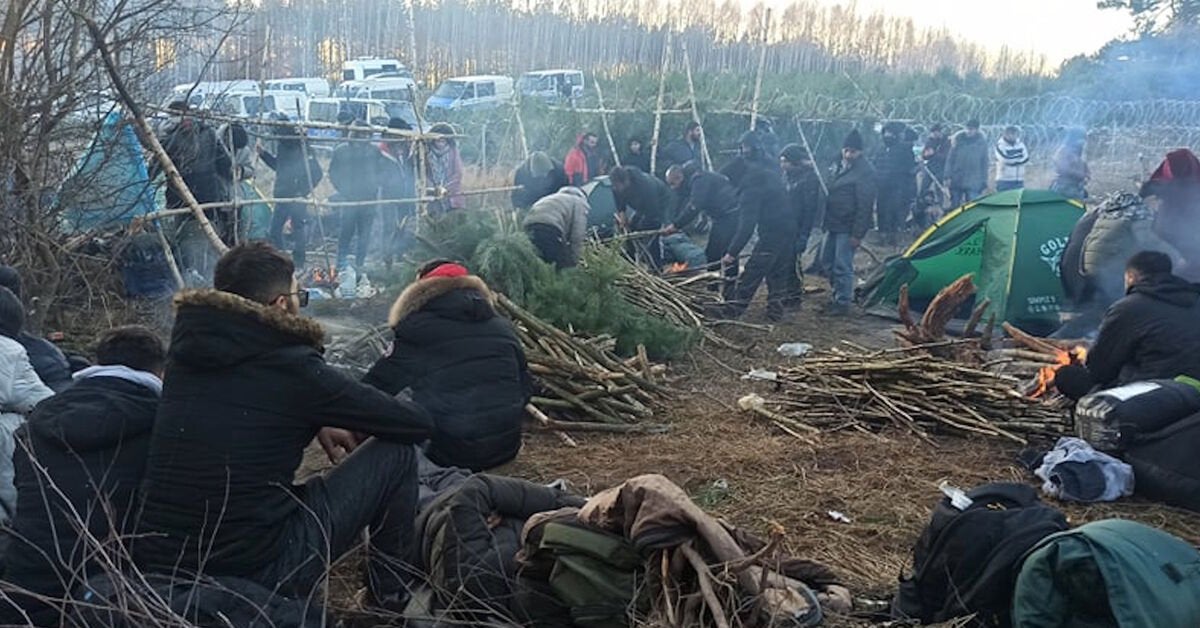Iraq’s Ministry of Foreign Affairs announced that Iraq repatriated 433 people from Belarus. They took an Iraqi Airways flight from the Belarusian capital, Minsk. The Iraqi government also granted temporary travel documents to some of the passengers because they had lost their passports. The Ministry wrote about this on Twitter. Subsequently, the Kurdistan Regional Government (KRG) tweeted that 427 of the individuals returned to the regional capital Erbil.
Thousands of Iraqis traveled to Belarus in 2021 in an attempt to enter the European Union (EU) via neighboring Poland. However, they got stuck at the border because Poland denied them entry. Reports of violence came from both sides of the Poland-Belarus border. Many migrants were from Iraq’s autonomous Kurdistan region. Kurdistan is a territory in Western Asia wherein the Kurdish people form a prominent majority population. The migrants left due to poor economic conditions in the Kurdistan region.
The failure to get into the EU and the deadly conditions at the Poland-Belarus border prompted many Iraqis to return home. Subsequently, the Iraqi federal government and the KRG organized repatriation flights last month for citizens who wanted to return home. However, western countries accused Belarusian President Alexander Lukashenko’s government of encouraging migrants to come to Belarus and then taking them to the border. There was no official count of refugees stuck at the border area, but reports have estimated that thousands of people were stuck there. Most of the people were from Iraq, Syria, and Yemen.
Recently, the United States, European Union, Britain, and Canada hit Belarus with new sanctions in response to the migrant crisis along the country’s border with Poland. Belarus is reportedly suffering from ongoing human rights abuses and inhumane exploitation of vulnerable people. Belarus witnessed massive police violence against protesters, cases of enforced disappearance, allegations of ill-treatment over the past year. The violation of the human rights situation in Belarus started in 2020.


